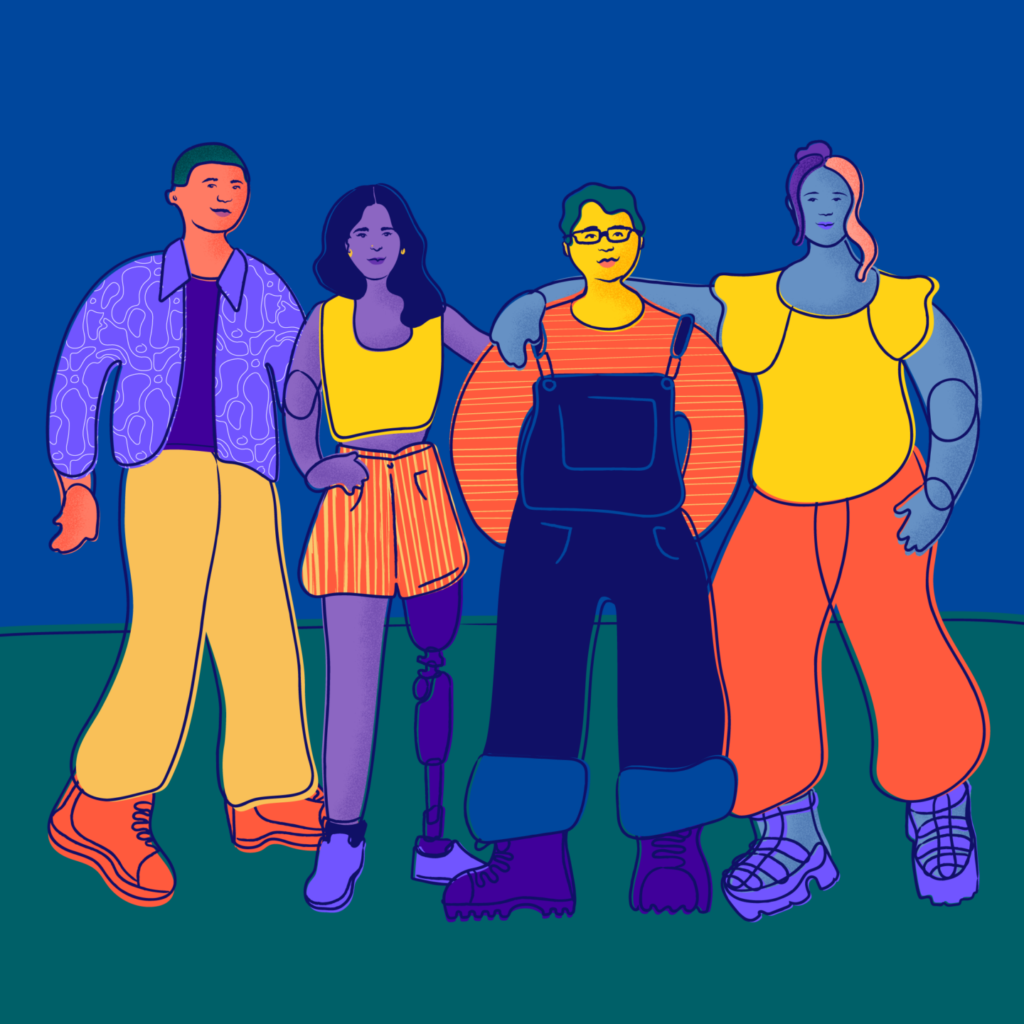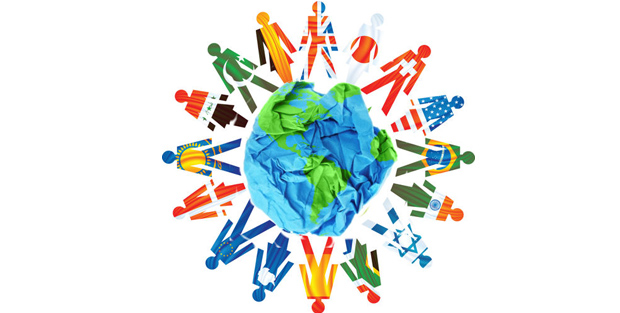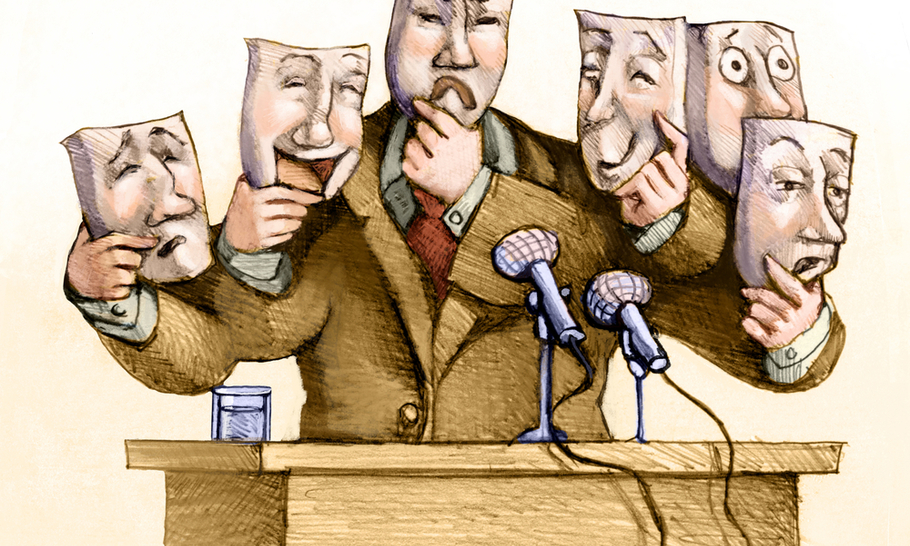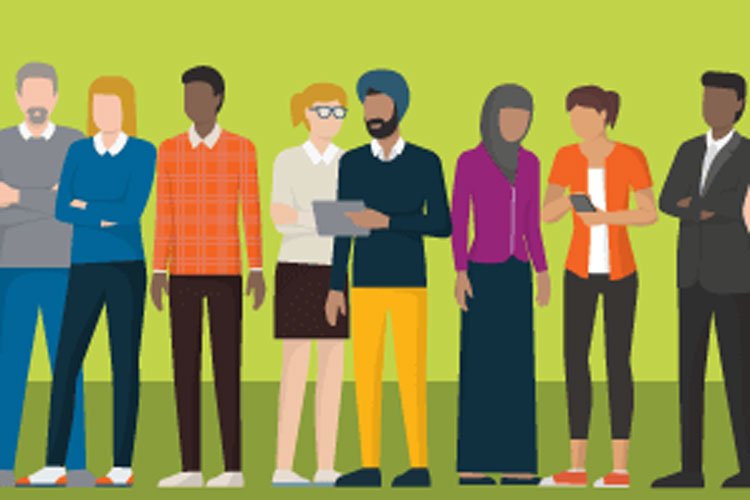Identity is the unique set of characteristics that are used to describe and identify the person themselves. Identity is not just based off looks but also their personality, views, interests and what they do in their life in general. Having an identity is important as you can identify yourself as a person and it can also help you connect with people who may have similar interests as you.
Femininity is the characteristics, attributes, behaviours and anything related that is generally associated with women and girls. For example this is things like long hair, wearing pink, having long nails or they’re moods and personality. It is basically a typical representation and picture of how women and girls are seen.
Masculinity is the same but with characteristics of men and boys. This can be things like being strong, independence, confidence and taking interest in things like football and cars. Its the typical representation and picture of how men and boys are seen.
Identity can be influenced by lots of things like for example:
Gender identity is the identification of someone’s gender and how they perceive themselves. People may identify themselves as someone different and differ themselves to how society would perceive them as.

Culture identity is a part of a persons identity and is usually related to their race, culture, nationality and religion. For example stating your nationality would be identifying your culture identity.

Social identity is the group in society that you identify as, for example people born in 1997 – 2012 would be identified as gen z as they were born in that specific span of a few years. So if they’re gen z they would be seen in the gen z group of society.

Geographical identity is the identification of a person based in the country/area they live in, for example lets say you were born in Texas and raised there for a majority of your life you may refer to yourself as a Texan to other people.

Political identity is where people define and engage their beliefs in relation to the political system, movements and policies. There beliefs typically come from personal beliefs, cultural influences or experiences with governance and power dynamics.

Lack/loss of identity is where someone experiences confusion or absence of their identity. By having a lack or loss of identity it can affect a persons personal, social, cultural or political parts of their life and often leading them feeling disconnected with other people.

Stereotypes is assumptions or generalized beliefs made based by a persons characteristics such as their race, gender, age, religion, profession, nationality and other traits. These beliefs are often exaggerated and inaccurate and can lead to certain biases in how people see and interact with others.

Prejudices is a opinion or judgement made on someone without any reason, experience or evidence. This often involves negative attitudes, feelings or beliefs about people based on their particular group, such as gender, religion, race, ethnicity.

